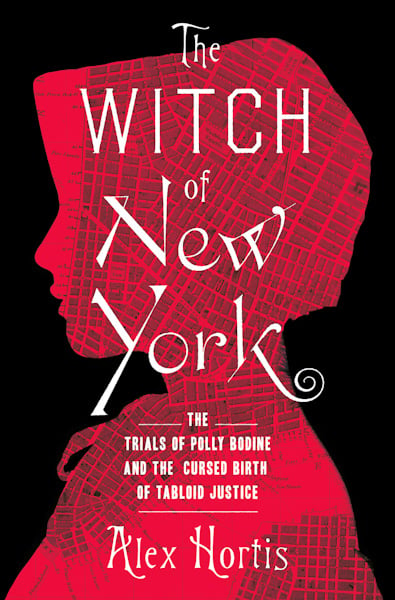Advocacy group says Title IX lawsuits from young men are on the rise

Between 1990 and 2010, only 15 lawsuits alleged that colleges and universities violated students’ due process rights during sexual assault investigations. Since 2011, there have been 150 such lawsuits, the Washington Post reported Friday.
Those numbers were provided by Title IX For All, a group that advocates for the rights of boys and men in academia, and it says more young men are filing these lawsuits after a change in how colleges and universities handle allegations of sexual assault on campus.
In April 2011, the U.S. Department of Education issued guidelines suggesting that institutions of higher education investigate these cases using a preponderance of the evidence standard—a less stringent one than criminal courts use, and also less stringent than the “clear and convincing evidence” standard some schools were using.
Andrew Miltenberg, an attorney who has represented male students in such cases, said those federal guidelines have created a disciplinary process biased toward the accuser.
“It has almost created a new class of victims, and those victims are young men who essentially have been railroaded,” Miltenberg told the Post.
Samantha Harris, director of policy research for the Foundation for Individual Rights in Education—a group that battles so-called speech codes on campus and what it believes are breaches of students’ and teachers’ civil rights—told the Post that Education Department rules make it easier to find someone guilty, but not necessarily easier to find the truth.
In many cases, according to the newspaper, the lawsuits settle after the motion to dismiss stage. Miltenberg said schools can win those motions—but when they don’t, it’s time for discovery. If the case goes to trial, it can be very expensive for the school; the University of Montana paid $245,000 to a student in 2016 after he sued over his expulsion for sexual misconduct.
To avoid this, universities and colleges settle, often giving the plaintiff a new hearing, reinstating his place at the school or expunging an expulsion or suspension from his record. Attorney Justin Dillon, who has also represented young men in these cases, says “What they want is their reputation back.”
But students who were sexually assaulted say the lawsuits reopen issues they thought were finished, forcing them to revisit their trauma. A woman in this situation told the newspaper that her alleged assailant has been tried and expelled twice by their former university, but is now fighting the findings in court “to try and get a different result, but his actions will never change.”
“Throughout this process it’s been about his rights that are important, but I have to fight tooth and nail for my rights,” said the woman, who was not named because of the Post’s policy against naming victims of sexual assault. “He’s just trying to find some crazy loophole to get out of what he did instead of taking responsibility for it.”
Joseph Storch, associate counsel for the State University of New York system, told the newspaper that parents are increasingly threatening lawsuits when their young-adult students face any kind of discipline.
“There’s a feeling that if my child gets this mark on their record, as it were, then they won’t be able to be a secretary of state,” he said. “And it causes parents to go well beyond what parents in prior generations have done.”
Updated at 3:37 p.m. to clarify reference to the Foundation for Individual Rights in Education.



